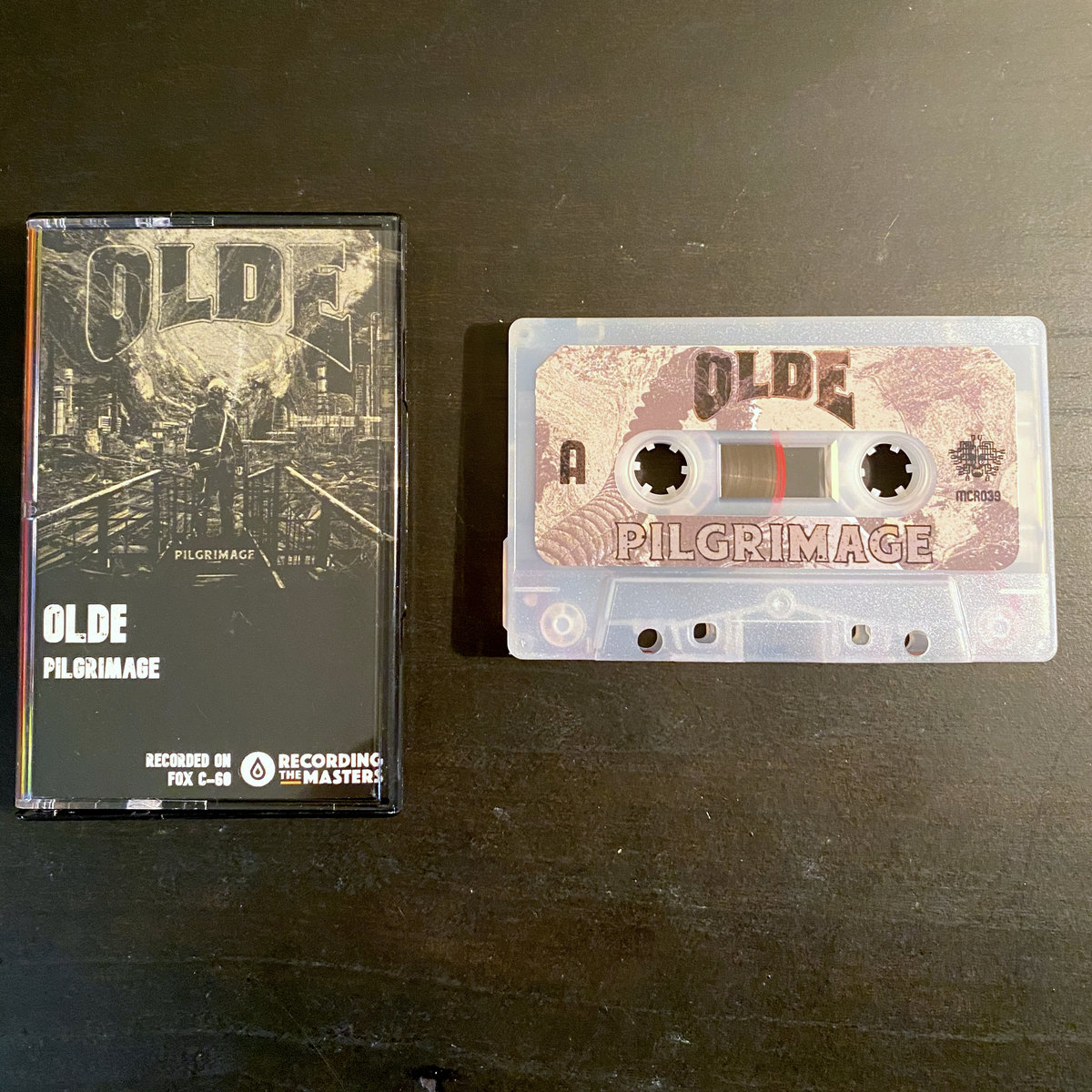

taking reasonable steps to verify the content before you sign a report or certificate, and not omitting relevant information deliberately.being honest and not misleading when writing reports and certificates, and only signing documents you believe to be accurate.
#Code for midico code#
Good Medical Practice: A Code of Conduct for Doctors in Australia 2 states that good medical practice involves: Information that is not relevant to the report need not be included but relevant matters must not be omitted (eg a pre-existing history of back pain should be disclosed in a workers compensation claim for a back injury). The extent of the medical information included in the report will be dependent on the nature of the report and is a matter of clinical judgement. I performed an examination, which I recorded as follows …’). I recorded the following history: “Punched in pub. According to the medical records, the patient presented on. If you have no independent recollection of your management of the patient, the information in your report will be based solely on what is recorded in the medical records (eg ‘I have no independent recollection of my involvement in the patient’s care. Remember you are not obliged to answer the questions if they require you to give an opinion, only to provide the facts as known to you.

#Code for midico full#
If you are answering questions that have been posed in the request for a report, include the questions in full in your report followed by your answers.
#Code for midico professional#
your credentials, including professional address, qualifications, experience and position at the time you were involved in the patient’s management.requesting party’s name, date of the request and purpose of the report.A suggested format for a medico-legal report is as follows: In the report, it is useful to include headings and, if the report is long, numbered paragraphs. Do not rely on your memory or the information provided by the requesting party. Use the medical records to prepare the report.Be wary of requests from patients for reports addressed ‘to whom it may concern’. Clarification from the requesting party should be sought if the purpose of the report is not clear. Know the nature and purpose of the report.It may be appropriate to confirm directly with the patient that the authority is valid by ensuring that the patient is aware of what has been requested and that they agree to the release of this information. Ideally, any medico-legal report should be prepared in response to a written request, accompanied by an appropriate signed authority and/or the express permission of the patient. Ensure that you have the permission of the patient to provide the report.Importantly, although there is an ethical obligation to assist the patient by providing a factual report, you are under no obligation to provide an opinion in your report. However, a treating doctor has a professional and ethical obligation to assist by providing factual information concerning a patient’s condition or injury, at the patient’s request, to the patient’s legal advisers or, with the patient’s consent, to other nominated third parties. In general terms, there is no legal obligation for you to prepare a report, although some statutory bodies (eg AHPRA, WorkCover) can require the preparation of a report in certain prescribed circumstances. Types of medico-legal reportsĪ request for a treating doctor to prepare a report for legal purposes may be received from:Īm I obliged to provide a treating doctor medico-legal report? This had caused Mrs Z considerable distress, revealing confidential information that was not known to her family.

In her letter of notification to AHPRA, Mrs Z had stated that the patient had used the GP’s report in Family Court proceedings. One year later, the GP received a letter stating that the Australian Health Practitioner Regulation Agency (AHPRA) was conducting an investigation into his professional conduct. I had treated Mrs Z for many years for chronic depression, which was the result of domestic violence, and she thought the patient would benefit from my considerable expertise in managing mental health problems.’ ‘The patient first came to see me with Mrs Z, her mother-in-law.

The GP provided a report that included the following statement as part of the description of the initial consultation: The patient’s solicitors requested a report outlining the GP’s involvement with their client, including the patient’s initial presentation, diagnosis and management. The general practitioner (GP) received a letter from solicitors acting for one of his patients, with an enclosed authority signed by the patient.


 0 kommentar(er)
0 kommentar(er)
